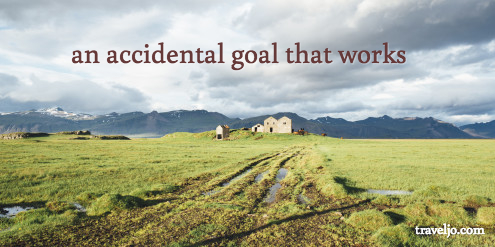

So you want to visit a new country each month for 12 months and later on to see every country of Europe or any continent.
First you lay out an annual calendar and marked all public holidays on it.
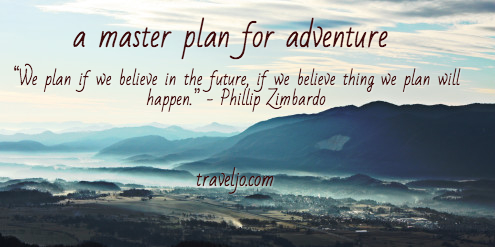

(Read the first part “The Germanized Slavs“)
I found a new love. I loved spread sheets. I loved everything that had columns and rows so I could put bits and pieces of data into cells. By using spreadsheets I was able to dig into the giant blob of the travel industry, organize my research and record my activities. I listed every day and broke it into blocks of time like first half, second half or morning, day and evening. I identified every possible action points including simplest task such as “taking the bus to the airport”, “getting from the train station to the guest house” or “check-in online”. I filled the next columns with details of the places, contact information, reference numbers, etc.

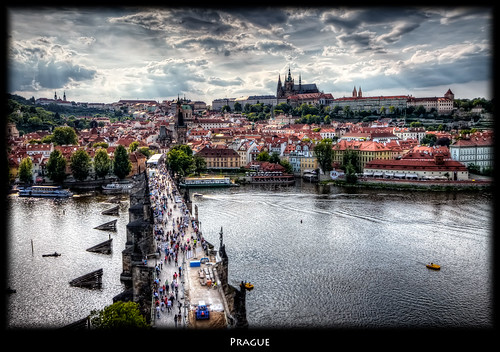
Wait! What about surprises? What about just let things happen? (Read “How a Missed Bus Turned into an European Extravaganza“)
You can forget that dealing with Czechs.
The Czechs are strange kinds of Slavs. They don’t resemble other Slavs I have encountered, who are more slovenly in their habits and actions. In contrast, the Czechs are fastidious in nature, possessing a weird sense of orderliness, not only uncharacteristic for Slavic people, but also for people from post-communist countries.
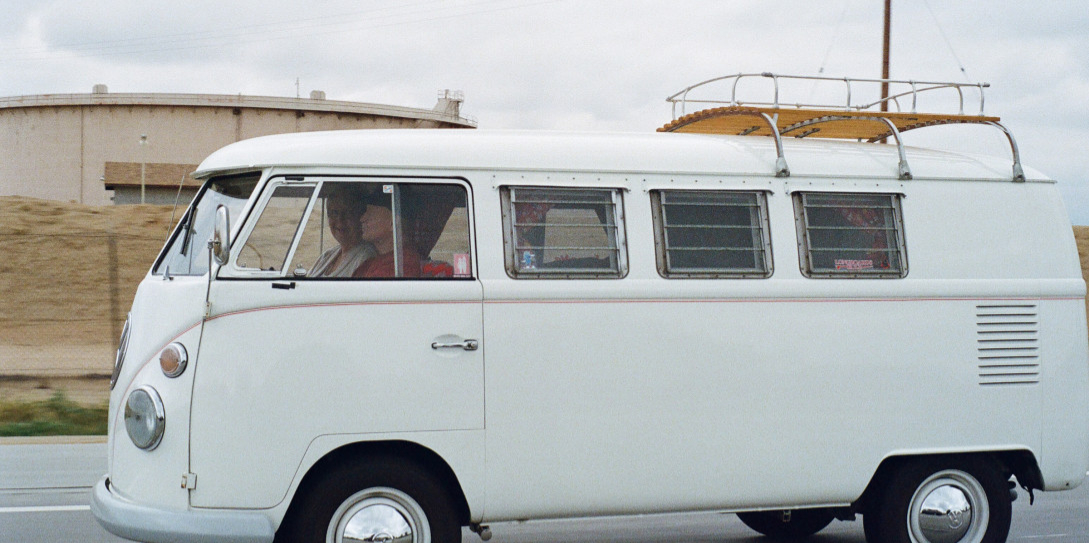
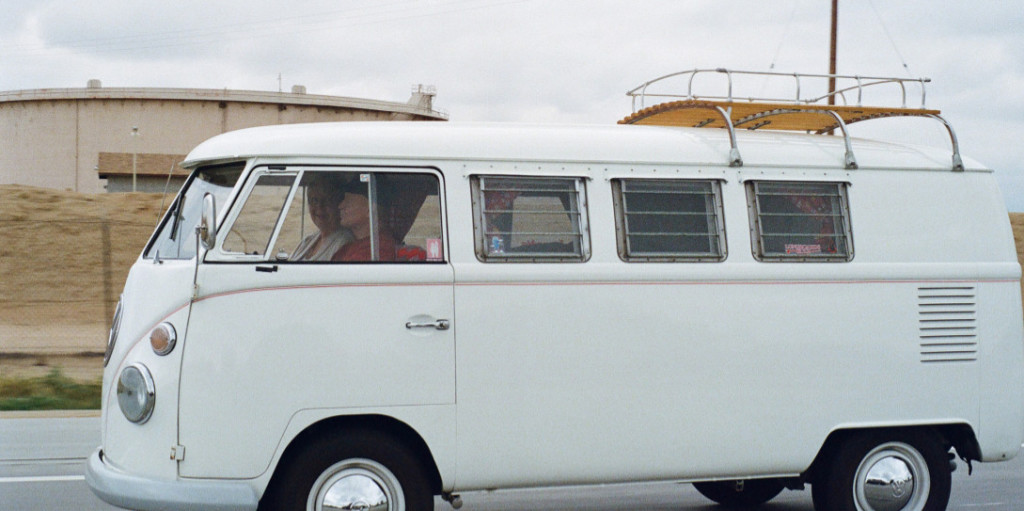
If you live in Prague, you travel to Budapest. If you’re on an extended Central European trip, you make Budapest and Prague parts of the journey. These two cities are twins, iconic representatives of the former Communist Central Europe.

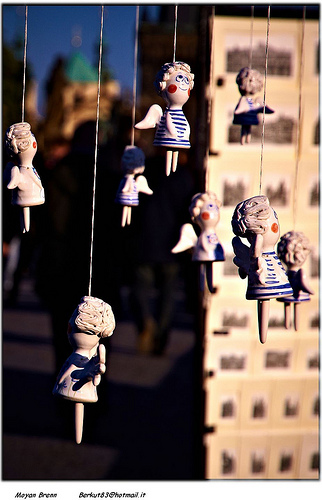 Seriously? A sound recommendation on how best to run away from home is to find another home and settle down?
Seriously? A sound recommendation on how best to run away from home is to find another home and settle down?
When I was a child and then teenager, I fixated on idle boat ride on shallow water and bumpy ship journey across open sea. As I got older, overnight train, long-distance bus and road-trip got added to the mix. In this millennium, online shoutout and social hash tags boat voyage and land transport are shortened to #rtw, glorying round-the-world trip spanning major continents and world cities.
So I didn’t get to driff off indefinitely and tag my vagabonding as #rtw, but I stumbled into another kind of traveling, less roaming and less world-bound. I moved to one region, stayed put and became region-bound. I became Eurocentric.
For starter, this kind of traveling is much easier than the traditional #rtw where you will likely need to sell everything or put everything away, quit everything and do nothing but rounding up the world.
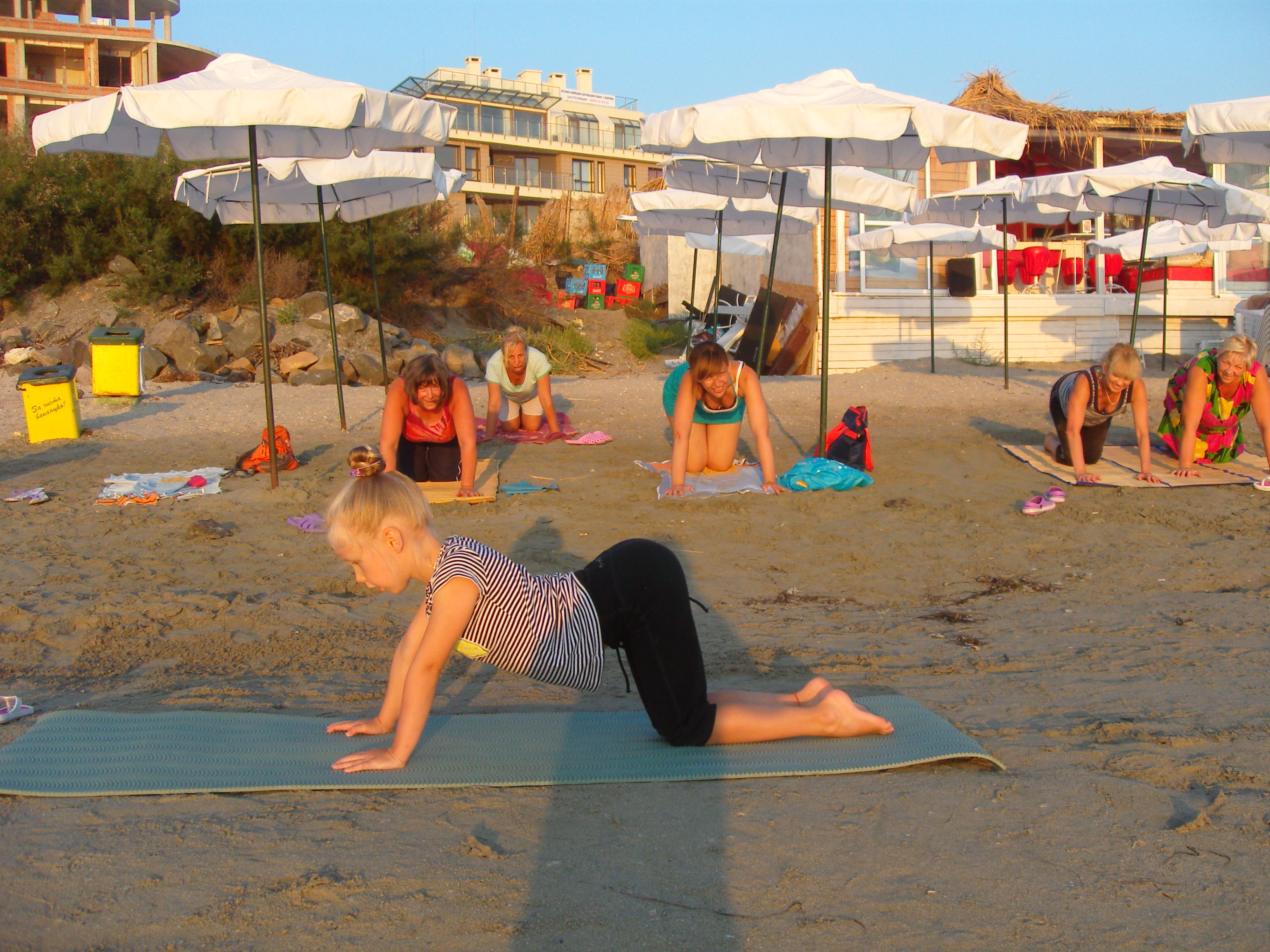
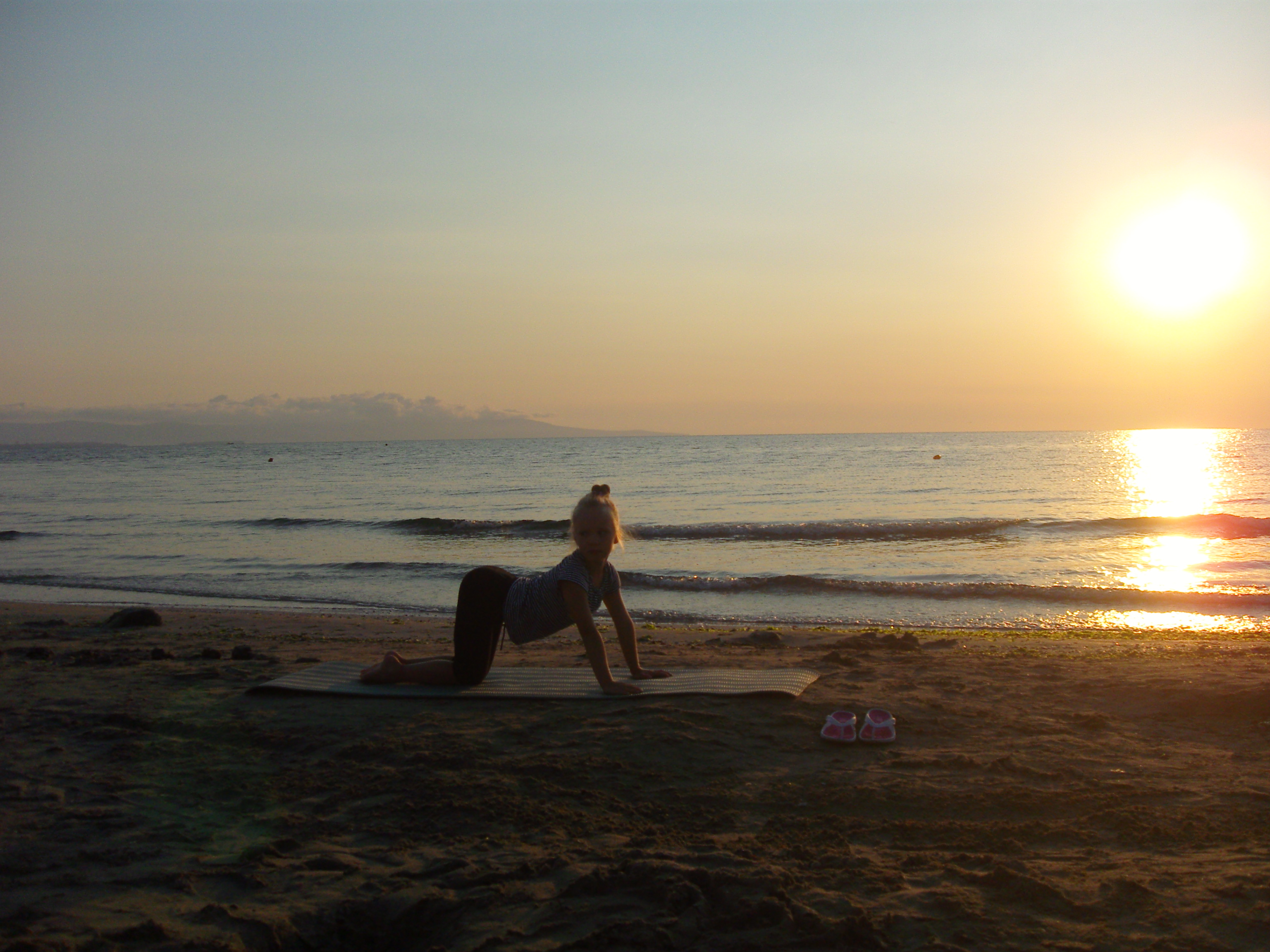 My friend and I went on a short vacation at her childhood home in Bulgaria . After wandering the earth for half a year, I wasn’t that interested in traveling anymore, jumping from one place to another. I suggested that we had a simple no-frill holiday. Instead of going places, we would focus on doing activities like exercising beside the obvious swimming.
My friend and I went on a short vacation at her childhood home in Bulgaria . After wandering the earth for half a year, I wasn’t that interested in traveling anymore, jumping from one place to another. I suggested that we had a simple no-frill holiday. Instead of going places, we would focus on doing activities like exercising beside the obvious swimming.

Job burnout is a serious issue. Even the Pope, a man who’s supposed to work until death, retired. This reminds me to excuse myself from work to send a few postcards from the Vatican.
Feeling religious much? I came to Vatican during Christmas thinking it would be a wonderfully spiritual experience witnessing the most important Christian event at one the most holy sites of Christendom. This is the home of the man who rules over Roman Catholics all around the world.
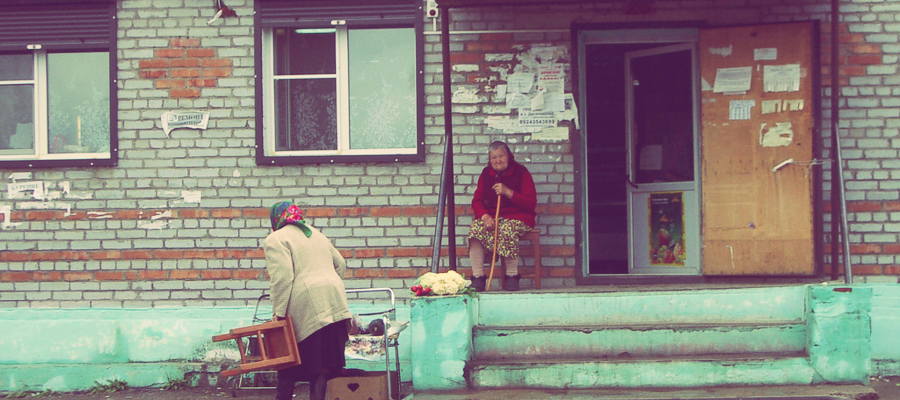
“Them, Us and Skitskoj (A Dialogue in the Editing Room)/ Oni, my a Skitskoj (Dialog ve st?ižn?)”, a Czech documentary about Old Believers living on the island of Skitskoj, an inaccessible taiga in the North of Russia, got me completely hooked.Skitskoj is isolated from the outside world by three rivers, the Pichora, Tsilma, and Pizhma. To get to the village, at one point, the film crew had to use a rudimentary hand-pulled cable ferry system. These Old Believers followed strict religious rituals to the point of obsession. Because of their extreme isolation, they distrusted outsiders.
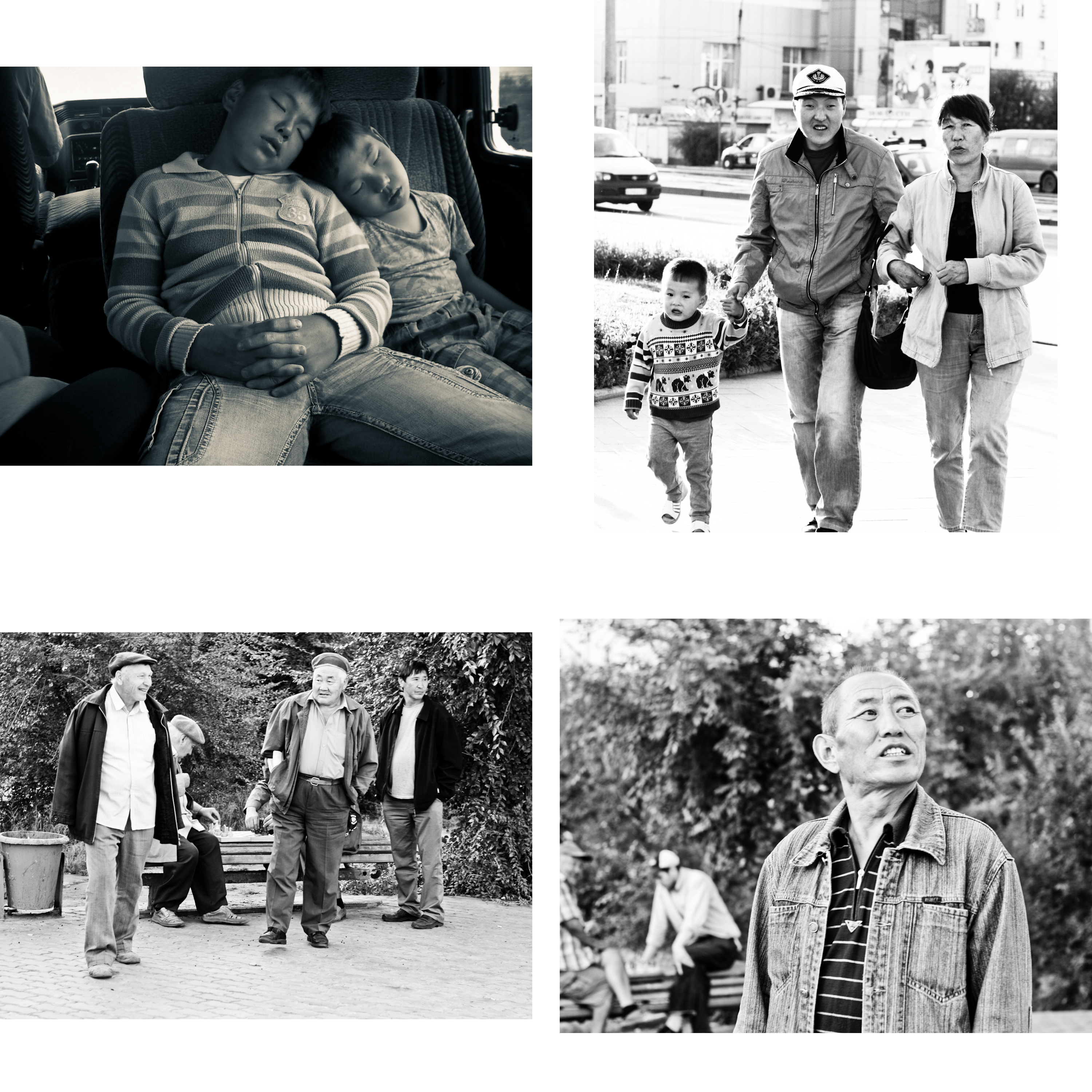
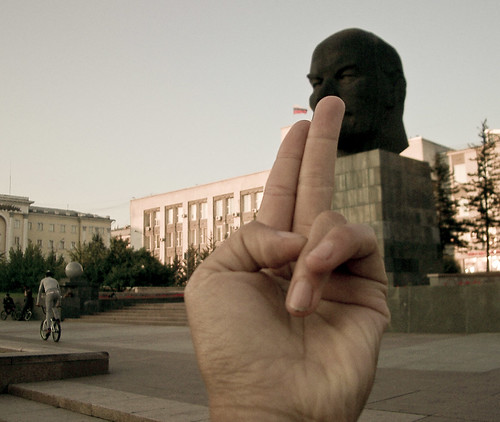 “Here looking at you kid,” said Humphrey Bogart to Ingrid Bergman in what was considered an all-time famous quote in the Hollywood classic “Casablanca.”
“Here looking at you kid,” said Humphrey Bogart to Ingrid Bergman in what was considered an all-time famous quote in the Hollywood classic “Casablanca.”
Ulan-Ude was no romantic Casablanca where Bogart’s character had a toast with his flame Bergman before letting her run off with her husband. Instead, it was a gray, noisy, crowded, ugly city in Siberia, and yet I felt the same effect seeing Lenin’s penchant eyes looking over the city, looking at me.
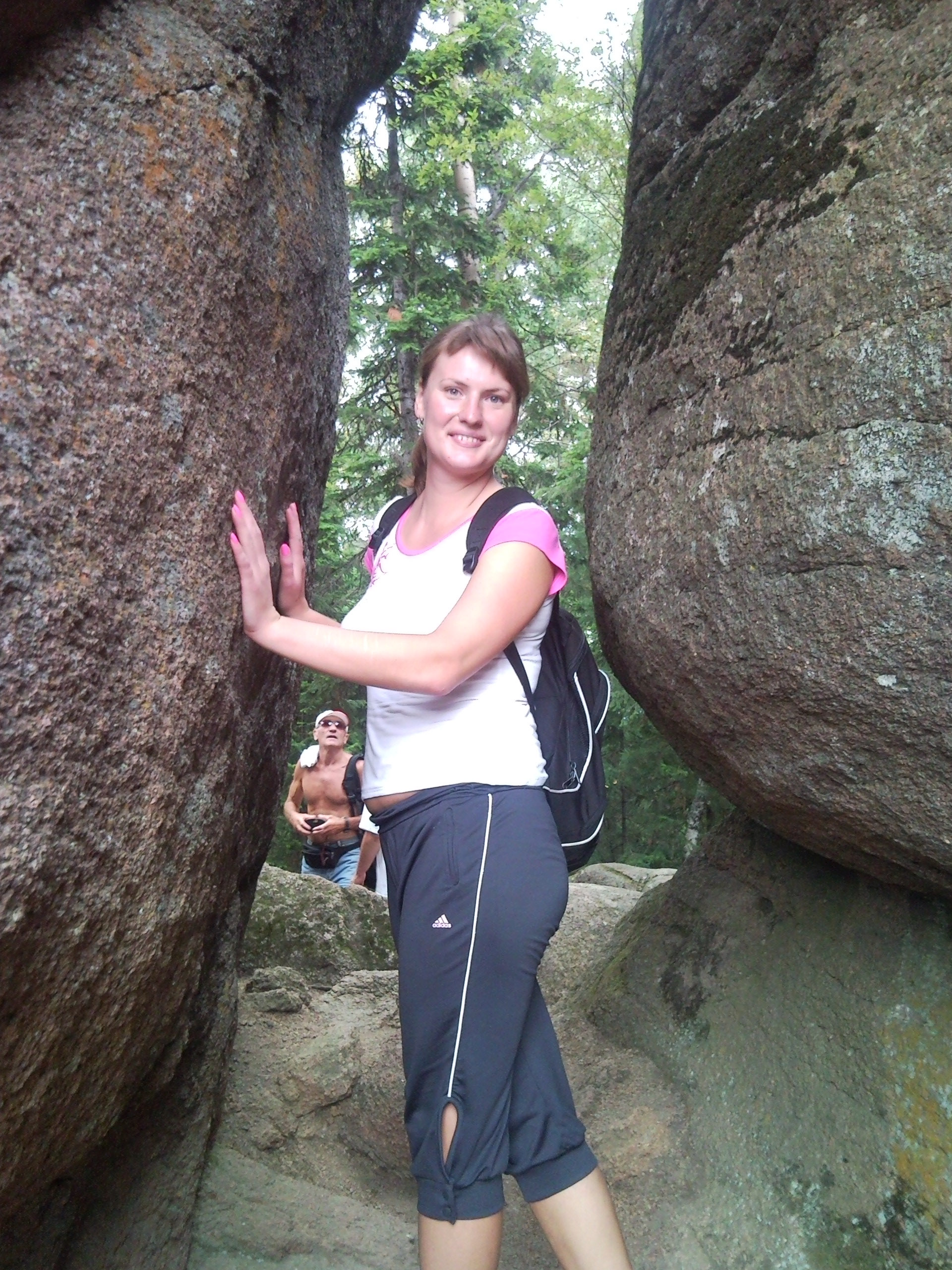
Siberia at last. Traveling to Siberia has occupied my mind in the last few years, but the name itself has struck a strange note ever since I was a child who was in awe of its vast snowy landscape and lonely Russian soldiers, peasants and convicts. At time, Siberia seemed forbidden and far away and being there was unthinkable, hence it took some time to comprehend that I would soon come to a part of my dream.